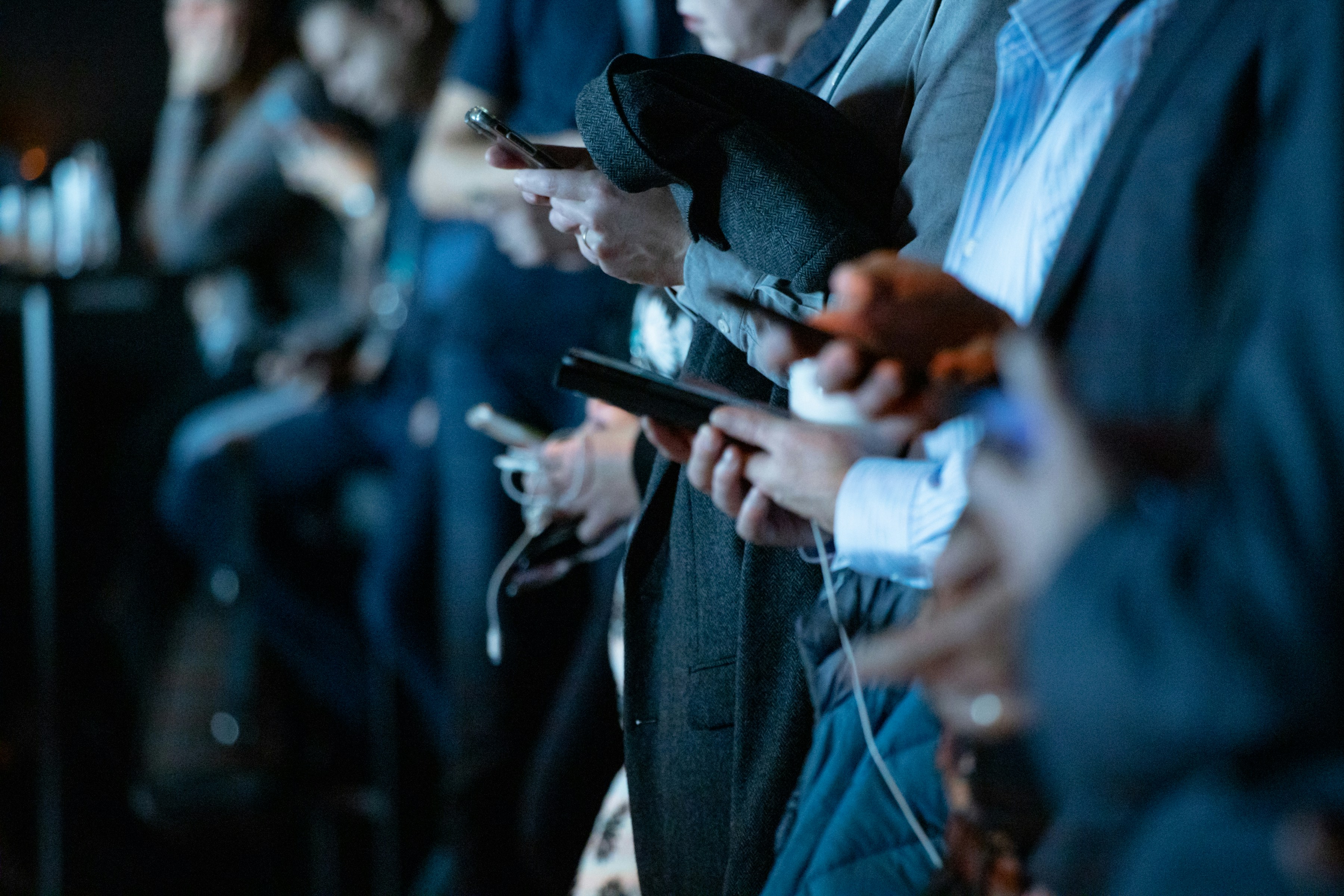The Power of Social Media During Hurricanes
As hurricanes increasingly impact coastal regions, the role of social media in hurricane preparedness and response has become more critical than ever. Social media platforms provide real-time information, facilitate community support, and enhance disaster communication strategies. In this blog post, we explore the multifaceted ways in which social media contributes to hurricane preparedness and response, offering valuable insights for individuals, businesses, and emergency responders.
Real-Time Updates and Alerts
During a hurricane, every second counts. Social media platforms like Twitter, Facebook, and Instagram serve as instantaneous sources of information, allowing users to stay updated with the latest weather forecasts, evacuation notices, and safety tips. Official government accounts such as National Weather Service and Ready.gov provide credible updates, ensuring that the public receives accurate information.
For example, during Hurricane Dorian in 2019, the National Hurricane Center used Twitter to disseminate critical updates, including storm track predictions and emergency guidelines. These timely alerts help communities prepare better and make informed decisions, ultimately saving lives.
Community Engagement and Support
Social media fosters a sense of community, especially during emergencies. Platforms like Facebook and Nextdoor allow neighbors to share resources, offer assistance, and stay connected. Community-based groups often provide localized information, such as the availability of shelter spaces or the status of local roads, which may not be covered by broader news outlets.
Moreover, social media enables the mobilization of volunteer efforts. Organizations like the HelpNow Project use platforms to coordinate volunteer activities, ensuring that help reaches those in need swiftly. Sharing personal stories and experiences also fosters empathy and solidarity, which are crucial for community resilience.
Preparedness Campaigns and Education
Beyond immediate response efforts, social media plays a pivotal role in hurricane preparedness education. Campaigns led by governmental and non-profit organizations use engaging content such as infographics, videos, and interactive quizzes to educate the public on emergency preparedness. These campaigns often go viral, reaching a wide audience and significantly enhancing community readiness.
For instance, the Federal Emergency Management Agency (FEMA) frequently conducts preparedness campaigns on social media, emphasizing the importance of having an emergency kit, understanding evacuation routes, and creating a family communication plan.
Combating Misinformation
One of the challenges during hurricane events is the spread of misinformation. Social media platforms, while beneficial, can also propagate false information rapidly. To combat this, trusted sources must actively engage with the public, correcting rumors and providing verified updates.
Organizations can use official hashtags and collaborate with social media companies to flag and remove false content. Additionally, encouraging the public to follow and share information only from verified accounts helps mitigate the spread of misinformation.
The Future of Social Media in Disaster Response
As technology evolves, so does the potential for social media in disaster response. Innovations such as artificial intelligence and machine learning can enhance data analysis and trend prediction, providing more precise and actionable insights. Platforms like Facebook Crisis Response and Twitter Alerts are continually improving to offer more robust support during emergencies.
Furthermore, the integration of social media with other communication tools, such as emergency alert systems and disaster management apps, can create a more comprehensive and efficient response network. Governments and organizations must continue to leverage these technologies to enhance their preparedness and response strategies.
In conclusion, the role of social media in hurricane preparedness and response is invaluable. From real-time updates and community support to educational campaigns and combating misinformation, social media platforms are essential tools in our collective effort to face hurricanes more effectively. By staying informed and connected, we can ensure better preparedness and a swifter recovery for all.
For more information on how you can prepare for hurricane season, check out our blog or consider enrolling in one of our comprehensive courses.

